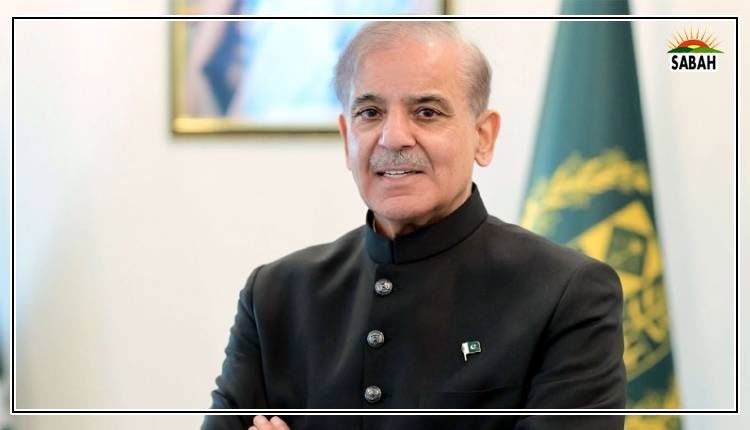Let us work together to make zero waste a reality, ensuring a healthier planet for our future generations: PM Shehbaz
ISLAMABAD, March 29 (SABAH): On this International Day of Zero Waste, March 30, Prime Minister Muhammad Shehbaz Sharif said that Pakistan reaffirms its commitment to a cleaner, healthier, and more sustainable future and waste pollution is a pressing crisis that threatens our environment, public health, and economy.
In his message on the day, PM Shehbaz said, “It is imperative that we move beyond the linear “take-make-dispose” economy and embrace a circular model focused on waste reduction and resource efficiency.”
He said, “Plastic and hazardous waste are adversely affecting our rivers, landfills, and air, exacerbating climate change. With rapid urbanization and industrial growth, Pakistan must adopt sustainable waste management solutions that protect our environment and drive economic and social development.”
This year’s theme, ‘Towards Zero Waste in Fashion and Textiles,’ highlights the urgency of sustainability in an industry that generates massive waste. As a major textile producer, Pakistan is committed to promoting eco-friendly manufacturing, textile recycling, and ethical consumerism to reduce environmental impact.
He said, “The Government has taken decisive steps to combat waste pollution. Our Circular Economy Policy, under its formulation phase, will revolutionize waste management. The Living Indus Initiative works to restore the Indus River Basin by reducing pollution and promoting conservation and advocacy campaigns like Clean Green Pakistan Movement to empower communities to enhance waste management at the grassroots level.”
“Additionally, our Plastic Waste Management Action Plan is eliminating single-use plastics, encouraging biodegradable alternatives, and expanding recycling efforts. We are also advocating Extended Producer Responsibility (EPR) to ensure manufacturers take accountability for the entire lifecycle of their products, integrating waste management into production and packaging,” he added.
He maintained, “However, achieving a zero-waste society requires collective action. Citizens must reduce waste at home, recycle, and compost. Businesses must shift to sustainable production and minimize waste. Local governments must strengthen waste collection and expand recycling facilities. The private sector must innovate in waste-to-energy and green entrepreneurship solutions. Every action counts. Let us work together to make zero waste a reality, ensuring a healthier planet for our future generations.”












